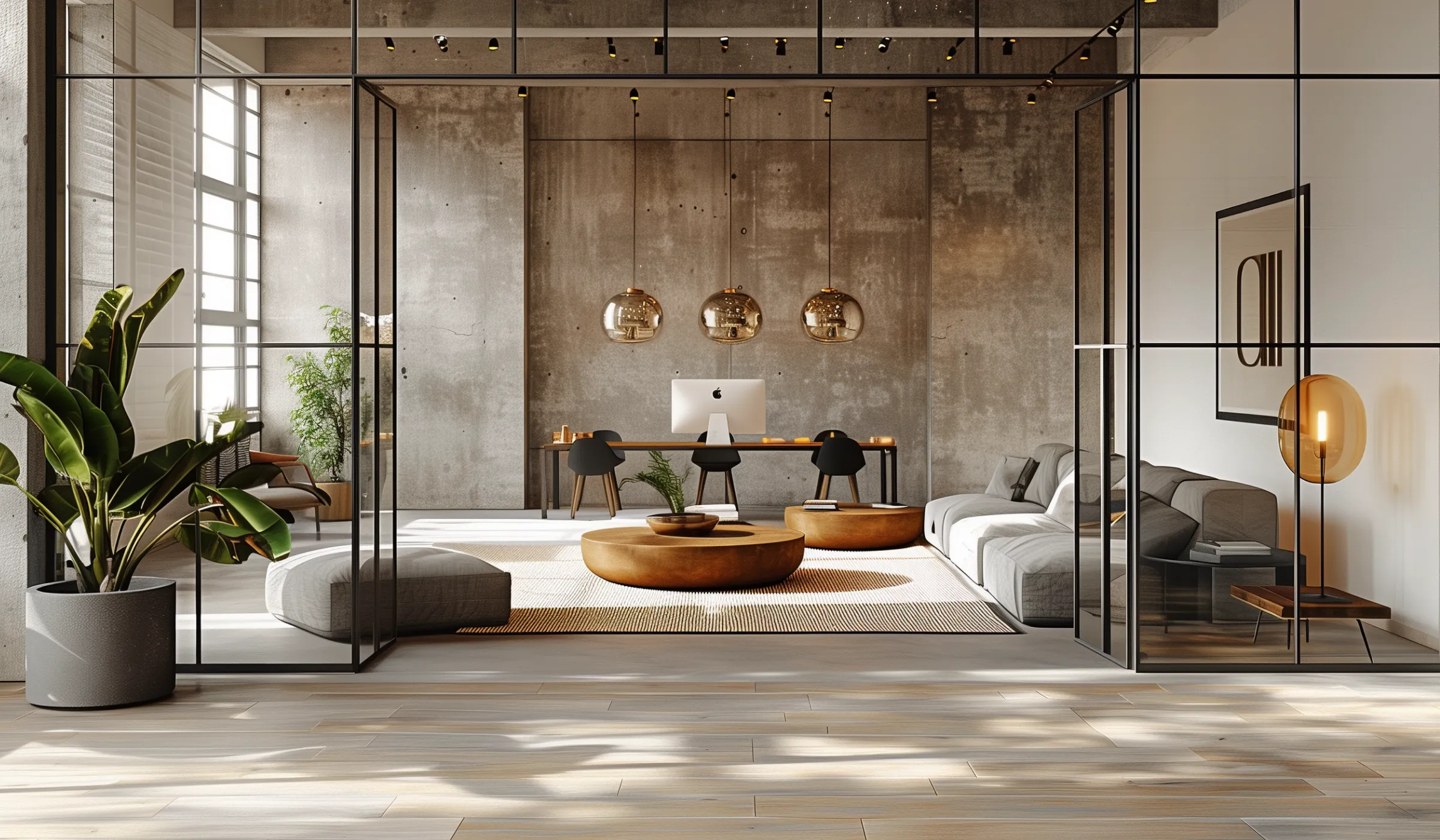Ethical Lens
How I improved ethcial shopping choices

In a world where buying takes just a click, the real cost is often hidden; paid by people and the planet.
Overview
Ethical Lens is a browser plugin designed to transform the way people shop online. In a marketplace built for speed and convenience, Ethical Lens adds consciousness back into consumer decisions by instantly rating products based on ethical standards like sustainability, labor practices, and environmental impact. It empowers users to shop with awareness, suggesting better alternatives when needed, without interrupting their flow. This project reimagines how ethical choices can be seamlessly woven into the fast-paced digital shopping experience.
My Role
As the sole designer and researcher, I led the project end-to-end, conducting:
- User research
- Competitive analysis
- Ideation
- Wire framing
- Prototyping
- Usability testing, and
- Iterative design refinement.
I worked across both UX strategy and UI design to ensure that Ethical Lens was intuitive, impactful, and integrated naturally into the online shopping journey.









